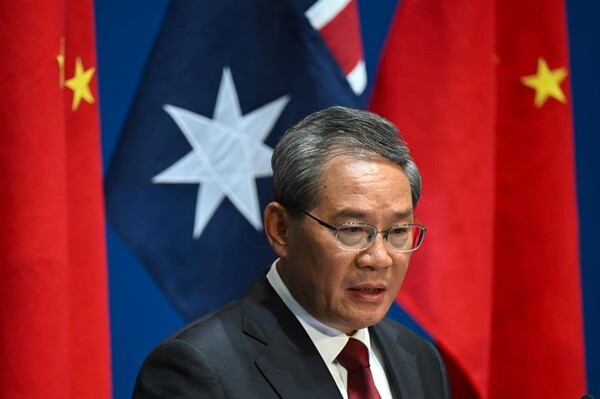
In China, the Beijing Digital Economy Center has been officially launched, one of the largest technological projects in the country. The aim of the project is to strengthen digital infrastructure and develop the smart economic sector. A manager from the center explained that the new institution is based on the capabilities of high-performance computing, which is equivalent to approximately 1000 trillion calculations per second.
The center will explore the possibilities of artificial intelligence and advanced instruments with computing infrastructure and algorithms for achieving optimal production efficiency. The center is managed by just 21 employees in the field of service management, facilitated by the use of an intelligent platform for managing operations and digital twins, ensuring effective management of objects and services.
A representative from the district administration of Chaoyang in Beijing noted that the role of the center is not limited to providing enormous computational power; it also contributes to the development of thousands of industries based on artificial intelligence, strengthening digital transformation and sustainable development of the country.
In another event, China launched into space six new experimental satellites from the Taiyuan Satellite Launch Center in Shanxi Province, northern China. The six artificial satellites of the "Xiang-27" model were launched on the modernized Changzheng-6 rocket and successfully achieved the planned orbit.
The satellites will first be used to study the cosmic environment and test related technologies. This launch marks the 570th flight of the Changzheng rocket series.
According to official data released by the Chinese Ministry of Finance, budget expenditures increased by 4.2% year-on-year, reaching 7.2815 trillion yuan (approximately 1.01 trillion dollars) in the first quarter of the current year. During the same period, expenditures on education, social security, employment, and initiatives for energy conservation and environmental protection noticeably increased, while budget revenues decreased by 1.1% year-on-year, totaling 6.0189 trillion yuan for the first three months of the current year.













